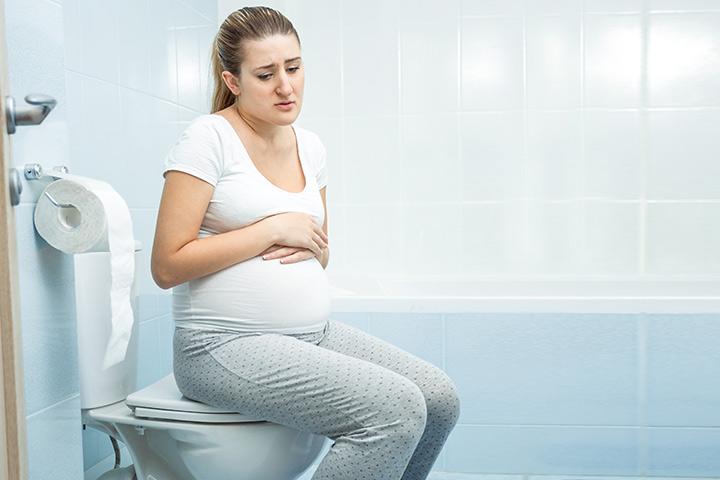Pregnancy And Constipation
Pregnancy And Constipation. The aim of treatment is to restore a normal bowel habit, so. Here are some tips for preventing and easing constipation when you're pregnant:

An increase in the pregnancy hormone progesterone can cause your gut to work less efficiently and your food to move more slowly through your intestines. And to top it all off, a growing fetus may slow down the movement of the bowel. Constipation can start as early as the first trimester and is more likely to affect you as your pregnancy progresses.
Women should be advised to increase dietary fibre in the form of bran or wheat fibre and to ensure an adequate fluid.
They are not associated with problems for the unborn or breastfed baby. Suggested medicines to treat constipation in pregnancy and breastfeeding4,6 laxatives are medicines used to treat constipation, and are generally poorly absorbed from the mother’s gut into her bloodstream. Pregnancy constipation, defined as having fewer than three bowel movements a week, can be uncomfortable.
When you become pregnant, rising levels of the hormone progesterone slow your digestive system to a snail’s pace, and for good reason:
Constipation during pregnancy is a common problem and nearly half of all pregnant women get constipated at some point. And to top it all off, a growing fetus may slow down the movement of the bowel. Here are some tips for preventing and easing constipation when you're pregnant:
Constipation can start as early as the first trimester and is more likely to affect you as your pregnancy progresses.
Particularly, munch on carrots, figs, strawberries, apples, and bananas. Constipation occurs in nearly half of pregnant women, due to physiological and anatomical changes in the gastrointestinal tract. Generally, constipation is caused by too little fiber, too little water, eating foods your body doesn’t tolerate well, or inactivity.
Another cause of constipation is the medicines and supplements that some.
Avoid refined grains such as white bread, white rice, refined cereals, and pasta which are low in fiber and can cause. (or sip throughout the day until. A growing fetus makes your uterus heavier.
In addition, dietary changes — such as not eating some of the foods you’re used to, or eating less — can contribute to constipation.
The result, though, is harder stools that are more difficult to pass. Causes for constipation during pregnancy include: This is known as reduced gastric motility.
0 Response to "Pregnancy And Constipation"
Post a Comment